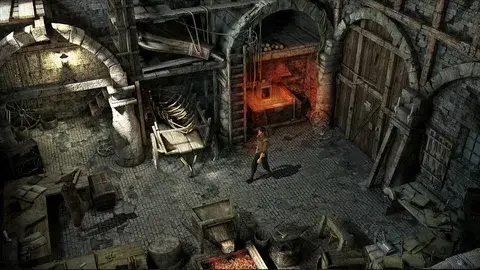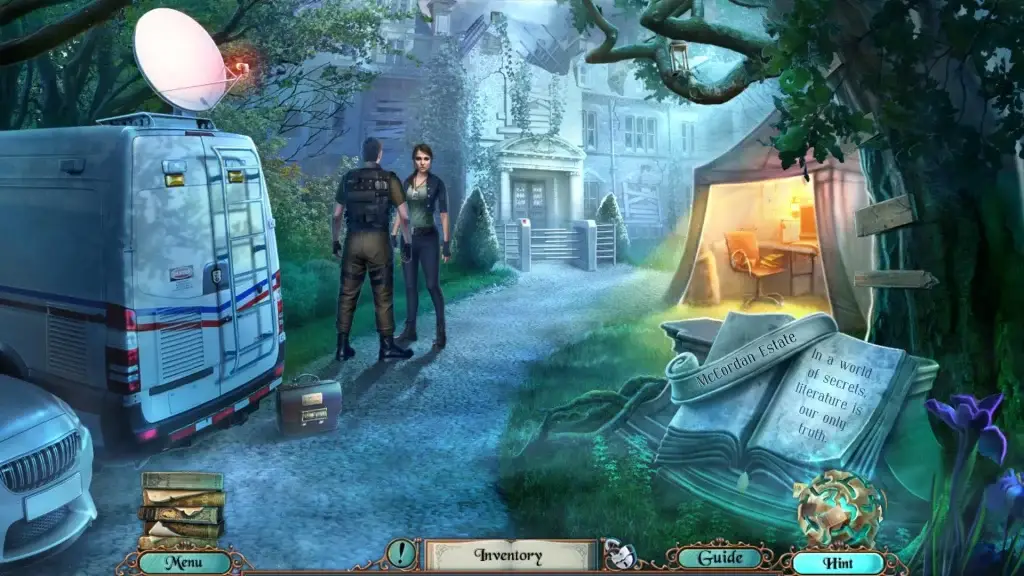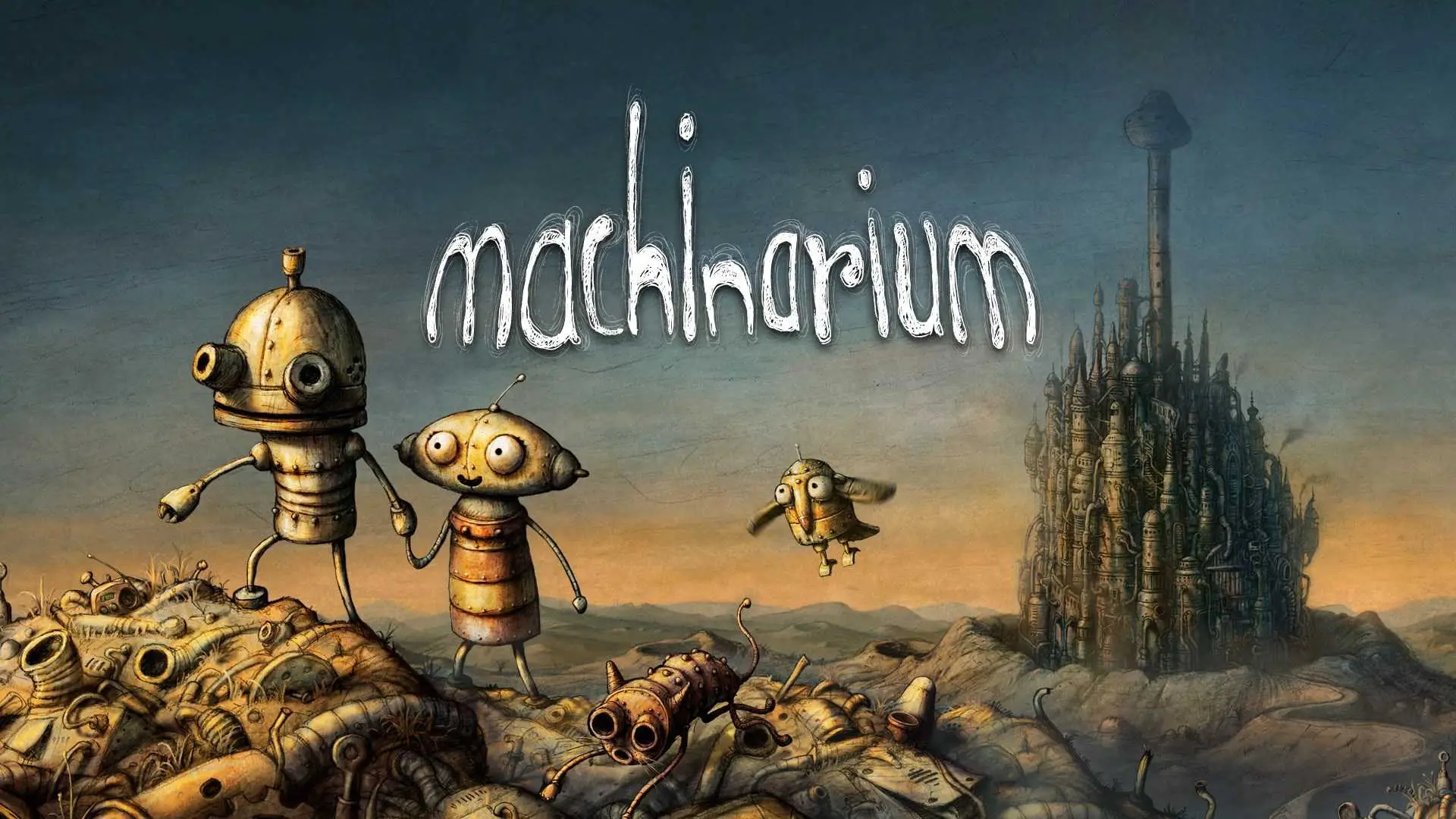The best online quests from our rating about challenging the mind and genuine pleasure. We have compiled a list for those who love riddles and want to test themselves.
Logical tests have long gone beyond traditional games and have become available to anyone who wants to develop analytical thinking, collaborate with others and simply enjoy the atmosphere of mysterious tests.

Escape Room: Digital Challenge
Escape Room: Digital Challenge invites players to immerse themselves in an atmosphere where every corner can hide clues, and every detail can be part of a big puzzle. The concept has been developing since 2019 and has become popular due to its multi-layered structure of levels. Participants face a variety of tests: from codes to physical puzzles that require a logical approach. An interesting online quest forms a powerful base for lovers of real challenges.
Features of the passage and tips
The quest is divided into several difficulty levels, ranging from simple tasks to find objects and ending with puzzles that require deep analysis and teamwork. A tactical approach to the game will help you successfully complete all stages. Players are advised to pay attention to all the details: the solutions are not always obvious. Completing online quests in Escape Room: Digital Challenge brings real satisfaction.
Murder Mystery 2 Online: a gripping story and mechanics
Murder Mystery 2 Online is for those who have always dreamed of being in the center of a real detective story. The developers began creating it back in 2018, inspired by the classic detectives of Agatha Christie. Here, participants will have to solve a complex murder, solving many logical puzzles and analyzing evidence. This online quest is perfect for the Russian audience, as it has been translated into Russian.
Cooperative play with friends
The project offers the possibility of cooperative play, where each player contributes to the investigation. Teamwork is a key element in successfully completing the mission. The importance of interaction cannot be overestimated: users must coordinate their actions, discuss evidence and make decisions together. This approach to online quests makes a session with friends especially exciting and makes each participant feel important.
Advantages
Murder Mystery 2 Online attracts users not only with the plot, but also with unique aspects, such as variability of endings and the ability to influence the course of events. Each decision made has consequences, which makes the project one of the best online quests and guarantees that each playthrough will be unique.
The Witch’s Riddle Online: the world of magic and mysteries
 The world of magic and mysticism: each riddle is associated with witchcraft and ancient rituals. Participants will have to solve puzzles, interact with magical artifacts and find hidden paths. This online quest is the best choice for those who love puzzles and want to feel like part of a magical world.
The world of magic and mysticism: each riddle is associated with witchcraft and ancient rituals. Participants will have to solve puzzles, interact with magical artifacts and find hidden paths. This online quest is the best choice for those who love puzzles and want to feel like part of a magical world.
Tips for passing
To successfully pass, you will need concentration and the ability to think logically. The levels in the game require the ability to analyze information and combine various elements to get answers. It is worth remembering that logic games in this category require not only fast speed of action, but also attention to detail.
Uniqueness
The Witch’s Riddle Online is a combination of a dark atmosphere and amazing magical puzzles that will not let you get bored for a second. Particular attention is paid to the visuals and high-quality sound design. All this makes the game one of the best online quests, especially for those who are looking for something unusual and exciting.
Mystic Puzzle Adventure
One of the best online adventure quests that will take users into a world of mysteries and unsolved secrets. The developers tried to create a multi-layered story that unfolds gradually, keeping interest until the very end. Adventures here are intertwined with logic and analytics, which makes every minute exciting.
The best tactics for successful completion
To successfully complete the game, participants should act methodically, carefully study each location and look for hidden clues. The “don’t miss a single corner” tactic is often the key to success. It is important to use all the objects found and try to understand their purpose.
Pros
The project offers not only a fascinating plot, but also unique mechanics that add depth to the game. Developers from the PuzzleWorks studio began creating the concept in 2020, focusing on a combination of classic puzzles with modern narrative elements. The characters here have detailed biographies, their motivations and interactions play an important role in the development of the plot.
Every decision made by the player affects the development of events, which adds interactivity and unpredictability to the process. This approach makes the game one of the best online quests.
Time Traveller’s Quest: time travel
Time Traveller’s Quest plays a key role in Time Traveller’s Quest. Users will have to move between different eras, solve puzzles that depend on a specific time period. Every action in the past affects the future, and such changes make the game incredibly interesting. The quest is full of puzzles based on time paradoxes, which requires not only ingenuity, but also instant reaction.
Why you should try the game
Time Traveller’s Quest is distinguished by its unique tasks related to time paradoxes and logical traps. Participants will be able to test their analytical skills and immerse themselves in a unique atmosphere, where every decision affects the course of history. Main tasks:

- Unravel the secrets of ancient civilizations by traveling through time and collecting artifacts.
- Find and fix time paradoxes to avoid irreversible changes in the future.
- Interact with characters from different eras, finding out their motivations and collecting the necessary information.
- Solve logical puzzles related to time anomalies.
- Synchronize actions in the past and future to successfully complete missions.
Conclusion
 Online quests are the best virtual worlds where everyone can test their intellectual abilities, enjoy teamwork and feel the taste of victory. In this review, we looked at interesting options that offer a variety of tests and unique experiences. Each of them is a challenge worth accepting.
Online quests are the best virtual worlds where everyone can test their intellectual abilities, enjoy teamwork and feel the taste of victory. In this review, we looked at interesting options that offer a variety of tests and unique experiences. Each of them is a challenge worth accepting.
 en
en  ru
ru  de
de  ar
ar  es
es  hi
hi  fr
fr  nl
nl  it
it  pt
pt  el
el 









